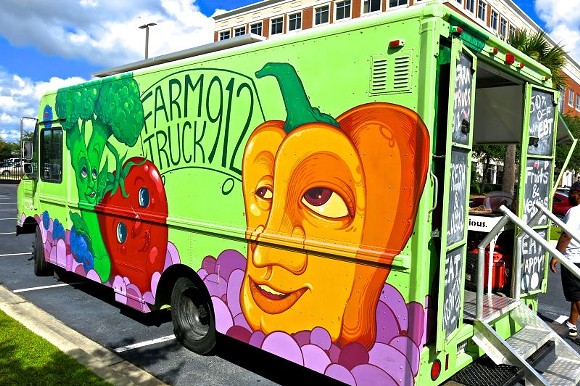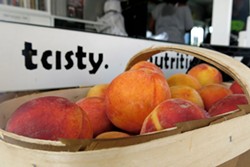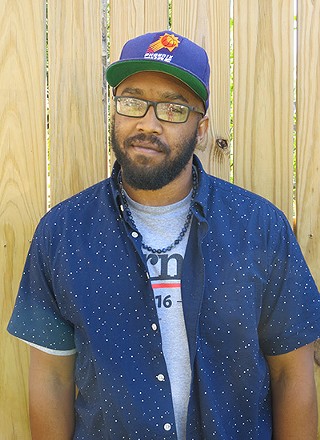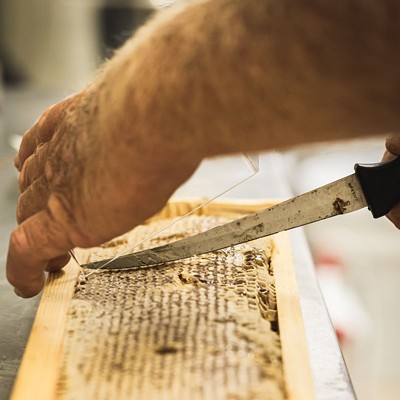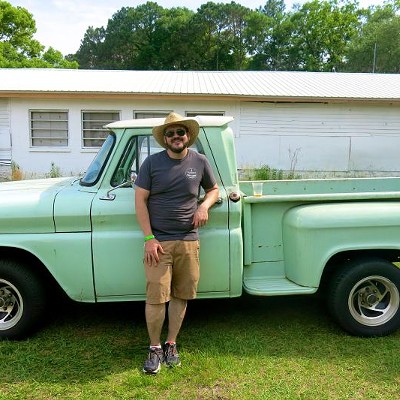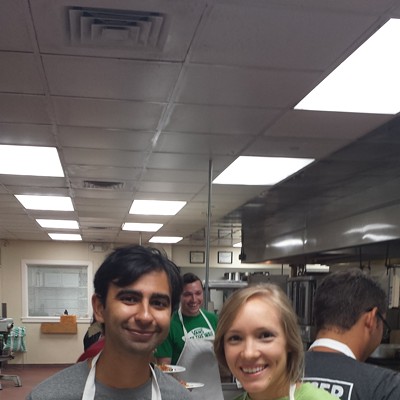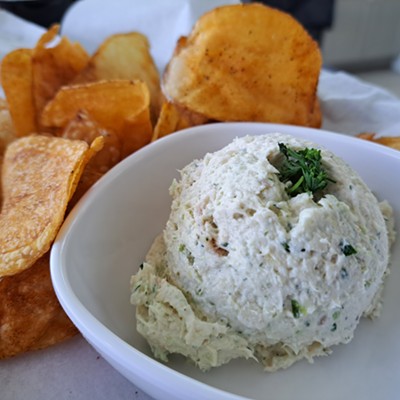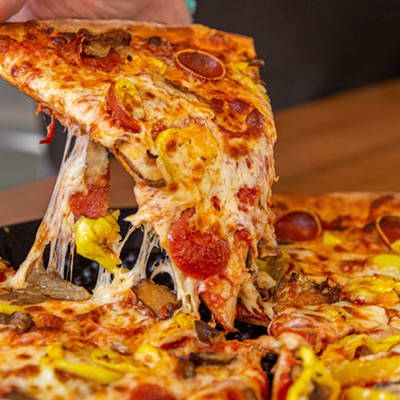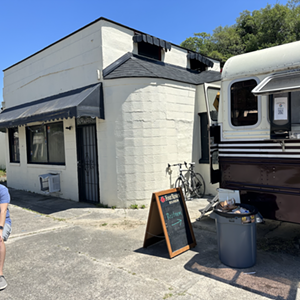I LIKE to think of community as a puzzle. A collection of personalities and heritage that live alongside one another, which results in the painting of the bigger picture.
Our communities in Savannah have been relatively good about banding together to provide a united front for issues and problems bigger than the individual. But one of the things I noticed is that those communities sometimes feel distinctly separated from one another.
By that same logic above, shouldn’t we be able to band together as communities, put aside or race and class differences and continue pushing forward for our collective goal? The answer is yes, and part of the solution includes food.
I believe most people take for granted some of the little things other families almost never see in their homes. Purchasing fresh fruits and vegetables is not a privilege, although most would argue it should be.
Some communities in our city are food deserts and do not have access to those things, in addition to not being able to afford them. Unfortunately those communities are the ones that need the most help, and are also the ones that receive the least amount of attention.
Farm Truck 912 is here to help shift the lens of focus.
A brainchild of Teri Schell, it took the minds of many, and over two years of planning and organizing before the truck was actually finished, and ready to hit the streets. But by no means was this an easy journey.
I had an opportunity to talk with current Farm Truck Market Manager Monique Godbee to get a better understanding of how this idea came about, and how they have managed to get it to the point that it is today.
“Teri is always pushing the mold and finding new ways for us to leap higher; so this idea was something she came up with, and we’ve been running with it,” Monique explains. In actuality, Monique is one of the newer team members of Farm Truck 912, and that was even by happenstance.
“One of my children goes to W.W. Law, and one day I saw a flyer for this farm truck, which really got me excited,” Monique says. “After becoming their number one customer, I was asked to attend some outreach meetings to help them figure out better ways of accomplishing their goal and from there I was vetted for the market managing position.”
Coming from Harlem, like most of us that come from large cities, she is used to farmer’s markets being an everyday aspect of how people engage with their food.
“I don’t come from a place where people get everything they need from the grocery store. I’m used to going to the veggie stand for our fresh vegetables and the fish market for our seafood.”
How has our city become so detached from how we are supposed to engage with our food? It’s not from a lack of resources, because we are a coastal city that also has a large agricultural market.
So what’s the excuse? Why is it more expensive and nearly impossible for people on a lower income scale to purchase fresh, local food?
The team at Farm Truck 912 has created a few solutions that can help right now. One of the big things they do for low-income communities is making that food affordable by accepting EBT and actually doubling the value on those vouchers, which essentially makes everything on the truck half off for EBT users.
“Everyone should be able to eat healthy food, no matter what your pay scale may be,” she says.
Creating a foundation of growth which enables people to have access to fresh food that is affordable is the goal, but those who are in this fight are swimming upstream, working alongside neighborhood free food programs.
Although the programs are beneficial to a lot of people in need, it sometimes can create a dependency for them, and people begin to lean on them, instead of using them when they are truly in need. The problem many see with that dependency is these programs are not guaranteed.
Monique elaborates, “People have to realize they can’t depend on churches or free food programs, because all of those programs eventually run out of food, in addition to you not knowing exactly what is going into your body.”
Being an active part of creating a more positive and supportive system starts with education.
“Focusing attention on educating people on the importance of knowing what you are putting in your body”, Monique explains. “It starts with the kids, and if we can teach them better, maybe they go home and explain to their families what they learned, and why these things are important.”
To which I couldn’t agree more, if we want to change the way our future will work, we have to focus our attention towards our children.
Essentially for us to see the change we want in our city, we have to be that change. Organizations like Farm Truck 912 are not in it for the money, but rather want to use their influence to change the structure of these systems that have been put in place. We have to support those in need, and help re-educate our communities on the importance of spending your money locally, and on things that are good for you.
So when we see Farm Truck 912, or are simply interested in purchasing fresh produce, we should make the decision to buy back into our community because the power of the dollar is extremely influential.
“If I don’t buy back into my neighborhood, how will it ever flourish?” Monique reiterates. “Our neighborhoods are like gardens, and we have to water them if we want to see them grow.”
Visit their website at farmtruck912.org in order to find out where they are going to be next. An affordable mobile farmer’s’ market definitely feels as if we are moving in the right direction. Let’s keep stirring that pot, people.

